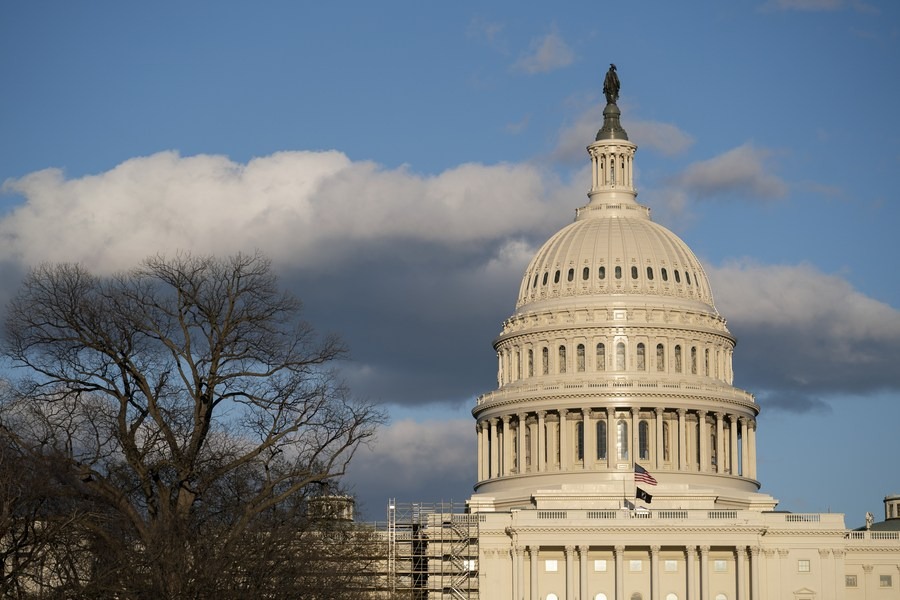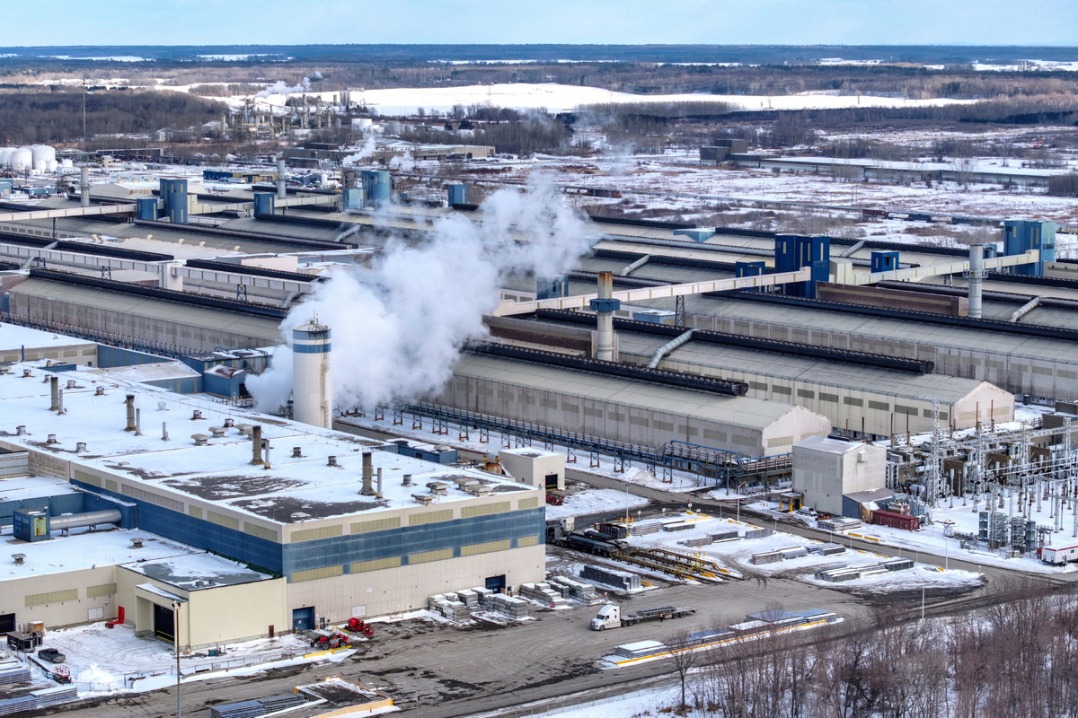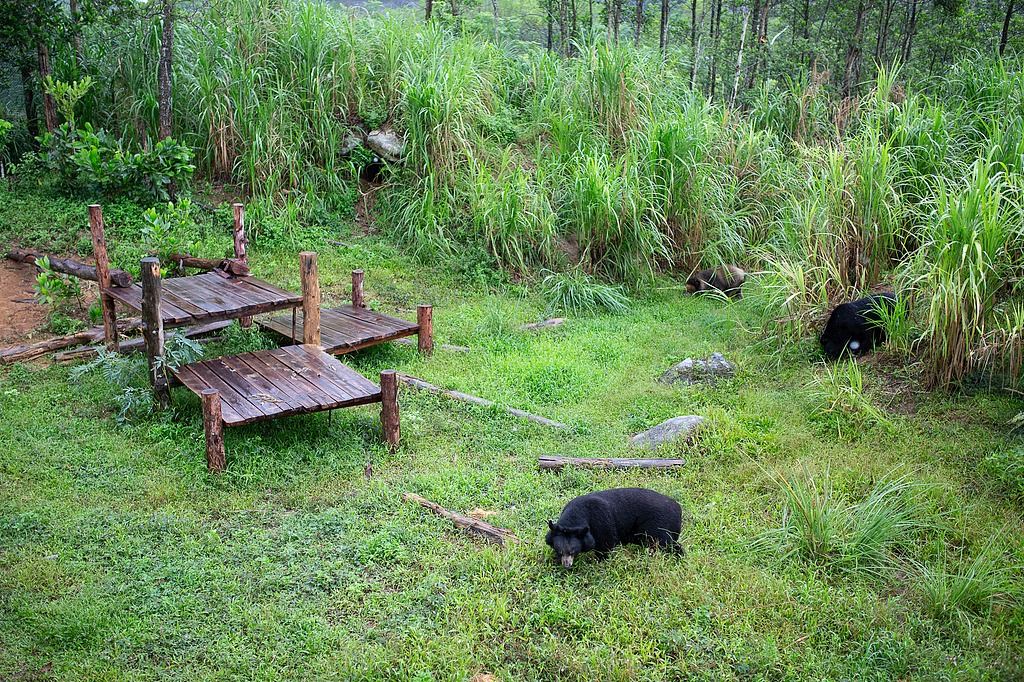Nigeria re-emerges as Africa's largest economy


Nigeria is currently Africa's largest economy, having overtaken South Africa, according to a new report by Bloomberg.
The report published on March 3 said the answer to the question whether the largest economy in Africa is Nigeria or South Africa has long depended on the exchange rate used on Nigeria.
"But now both the official naira rate of 306 per dollar and the weaker market exchange rate of around 360 that almost all investors use, put Nigeria on top," the report said.
It said Nigeria's gross domestic product stands at $476 billion or $402 billion, depending on the rate used.
The report attributed the economic growth to increased oil output in 2019 and the Central Bank of Nigeria's policies to boost credit growth.
In the three months to the end of September 2019, Nigeria's economic growth rose to an annual rate of 2.28 percent, after crude oil production, the country's main export commodity, rose to a more than three-year high, according to the National Bureau of Statistics.
Crude oil production in the third quarter of 2019 stood at 2.04 million barrels per day, its highest since the first quarter of 2016, the bureau said.
The Central Bank of Nigeria also implemented monetary policies that facilitated economic growth. The apex bank issued the Open Market Operation bills, a short-term market instrument meant to control the supply of money in the economy.
It also compelled commercial banks to lend to the private sector to stimulate the economy. The apex bank also maintained benchmark interest rates high and liquidity tight in a bid to support its currency and wade off inflation.
The re-emergency of Nigeria as the largest economy in the continent follows South Africa's slump into a second recession in consecutive years.
For the full year, expansion was 0.2 percent, the least since the global financial crisis, and even less than the central bank and government estimated, according to the Blomberg report. Based on an average rand-dollar exchange rate of 14.43 for the year, the country's GDP was $352 billion.
In the fourth quarter of 2019, South Africa's economy shrank by 1.4 percent, according to Statistics South Africa,the national statistical service, mandated toproduce timely, accurate, and official statistics. This followed a contraction of 0.8 percent in the third quarter.
The treasury reported a 3.2 percent contraction of the country's GDP in the first quarter of 2019, the worst performance in a decade.
Africa's most industrialized economy's recession has been attributed to widespread power cuts that have negatively affected the country's economic output, particularly on the manufacturing and mining sectors, the engine steering the country's economy.
Eskom Holdings SOC Ltd, the state-owned power utility, is unable to meet power demand on a sustained basis.
The debt-stricken company relies on government support to remain solvent and is seen as the biggest single risk to South Africa's economy.
Eskom borrowed billions in cash to build power stations that turned out to be unreliable. Additionally, the company has been opting to use gas turbines to reduce power cuts, which is an expensive option.
Another challenge affecting the country's economy is declining investor confidence, with investors wary of committing large amount of money on projects.
According to the South African Chamber of Commerce and Industry, in 2019, investor confidence in South Africa fell to its lowest in 34 years.
The chamber attributed the low investor confidence to power cuts, the deteriorating public finances, delays in policy implementation and the exchange rates that weighted against major trading and investment currencies.
The Bloomberg report said Nigeria's economy is projected to continue to grow faster than South Africa's.
"While the International Monetary Fund cut its forecast for Nigeria's 2020 growth to 2 percent from 2.5 percent last month, due to lower oil prices, South Africa's GDP is forecast to expand only 0.8 percent," the report said.

































